Truth Or Reality In Fantasy
Recently I read an article at Tor.com, “The World is a Weird, Dark Place — Fantasy Helps Us Make Sense of It,” by Jonathan Robb, that sparked my thinking about truth and reality in fantasy. In the article Robb praised the works of George R. R. Martin, first by giving his own history with fantasy. He was introduced at a young age to C. S. Lewis and the world of Narnia, then went on to J. R. R. Tolkien and other established fantasy writers. The thread he saw which these books all shared was their good versus evil trope.
However, as he grew older, he realized that the world around him did not fall into the neat camps of good and evil. “Good people” could let someone down and “evil people” could do heroic things.
As shades of grey entered my real world, my fantasy worlds started to suffer for it. I continued to digest authors of similar ilk to Eddings—David Gemmell, Raymond E. Feist, and Robert Jordan—those writers who adhered to the familiar rules of fantasy. In their universes there was always a dark lord, or dark army, to pit oneself against. It was pretty clear—the heroes usually just needed to attack the evil-looking creatures of the night attempting to kill the innocent villages in order to win the day.
But this no longer squared with what I was exposed to in the real world. Those identifiable attributes that marked someone as Good or Evil simply didn’t hold up. No one could live up to the title of hero—so that either meant there were no heroes, or it was far more complicated than I’d been led to believe.
Along came George R. R. Martin and his world in Game of Thrones that seemed to reflect the Tor writer’s own understanding of the world: good and evil aren’t actually cut and dried.
Fantasy has always helped me understand the world, from the metaphors it employs, to the parallels with our own world, to the thoughtful exploration of its themes—one of the most important being the struggle between good and evil. . . I’m thankful, too, to the worlds of George R.R. Martin for helping me understand the profound depths and messiness of the same concepts, and that being a hero or a villain is never that straightforward—a realization that’s surprisingly reassuring, in the end.
Writers often hear instruction that characters in fiction, even the villains, need some redeeming qualities, because reality shows us there aren’t characters of pure evil or pure good.
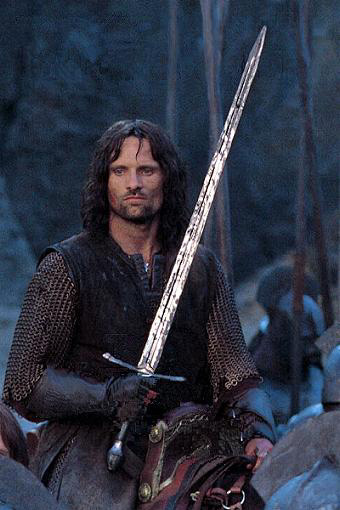 Even in Christian fiction, the cry seems to be for fiction that reflects reality, even when the story is supernatural or science fiction or fantasy. The reality factor is the idea that the story reflects the world as we know it in some way. And certainly what we know is something of an odd mixture of good and evil, as Jonathan Robb noted in his article. There are no Mordors run by evil-eye rulers that hold the world under its control by making war on Gondor There are no Rangers who roam the world to fight for the right and protect the hapless hobbits who are clueless of the conflict raging around them.
Even in Christian fiction, the cry seems to be for fiction that reflects reality, even when the story is supernatural or science fiction or fantasy. The reality factor is the idea that the story reflects the world as we know it in some way. And certainly what we know is something of an odd mixture of good and evil, as Jonathan Robb noted in his article. There are no Mordors run by evil-eye rulers that hold the world under its control by making war on Gondor There are no Rangers who roam the world to fight for the right and protect the hapless hobbits who are clueless of the conflict raging around them.
Or are there?
In truth, the fantasies that show the fight between good and evil are less apt to depict reality as we see it, and more apt to depict truth as we know it from Scripture—the truth of the spiritual world.
From this perspective, George R. R. Martin may be writing the reality we are familiar with, but is he neglecting the truth that defines the world? Why does this matter?
For one thing, fantasy readers—Jonathan Robb included—resonate with the truth that there is good and evil and that there is a war between these opposing factors. Young readers may not know or care that the “black and white” of the world they are seeing represents a world inside their hearts, and a war raging in the spiritual realm. They just know they “get it,” that they want to be on the side of the good, that they understand what’s at stake for the world if the evil should win.
I believe that’s no less than the eternity God has set in our hearts or as others have phrased it, the God-shaped vacuum in each of us. We are drawn to the truth, to the clear explanation that there is a good ruler, a right way, a guardian-king, and we can side with him.
But writing fantasy and supernatural that cares more about reality than truth, changes the paradigm and brings up a series of questions. Does fantasy always reflect the spiritual world? Should supernatural suspense always reflect the truth presented in the Bible? How does an emphasis on reality affect our view of the truth?
For instance I read a book this past year in which a character found a portal into hell which she entered to bring a character she didn’t think belonged there back to this world, even at the risk of being trapped there herself. Was there truth in this story? Was there even reality? Or was this simply a story about pretend people in pretend places doing pretend things?
If the latter, has that type of fiction lost a grip on both reality and on truth?
I find it interesting that in a world in which most people believe humans are good, the books (and TV programs) that have become so popular are the ones that show good people doing rotten things or evil people doing noble deeds. Instead of ascribing to the Bible’s explanation, that we have all sinned and come short of the glory of God, however, we simply excuse or dismiss or blame others for the evil that we see in all of us. We like the anti-hero because he gets the job done. We chastise the good guy for his failure—he should have stayed the course, but in the end, he let us down. Not because he’s evil. Clearly he wasn’t or we would not have believed him to be a good guy at first.
In short, the lines have become blurred between evil and good, and the public seems to like it so.
How are Christians to respond? Some people would suggest that we should stop consuming fantasy and supernatural fiction. Some say fiction is nothing but entertainment and a discussion about reality and truth has no place when talking about any type of speculative fiction. Others might conclude that Christians have an opportunity to make a statement by our viewing or reading habits and by our writing, to hold the line for truth: actual good and actual evil exist.
In the great fantasies, truth and reality merge. Perhaps today we have learned to settle for one or the other instead of looking for stories, or writing stories, that accomplish both.

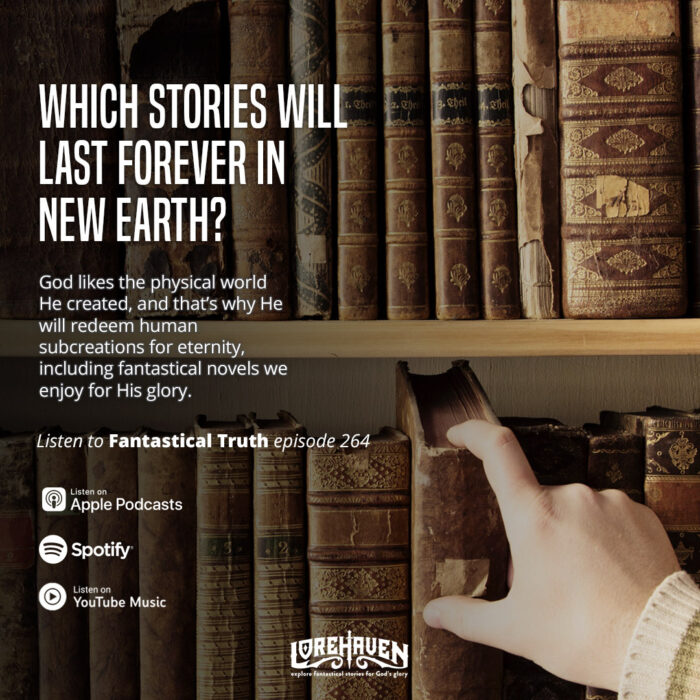
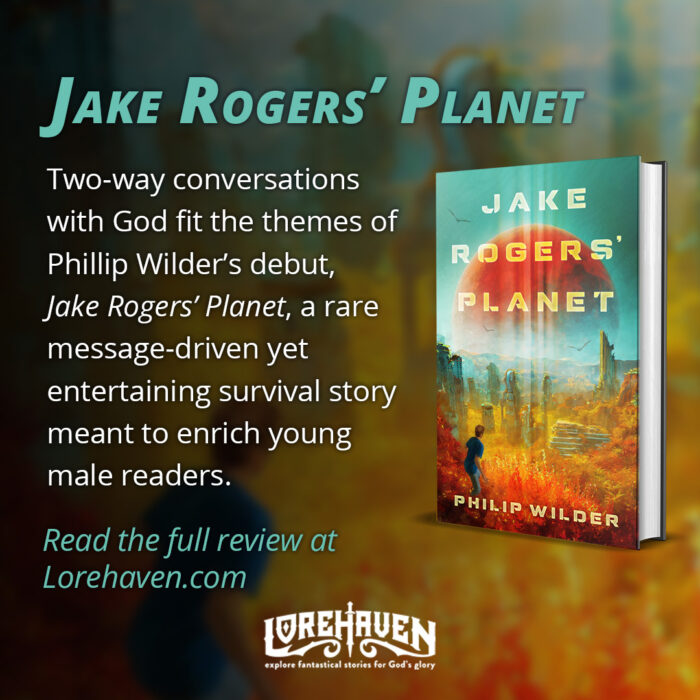
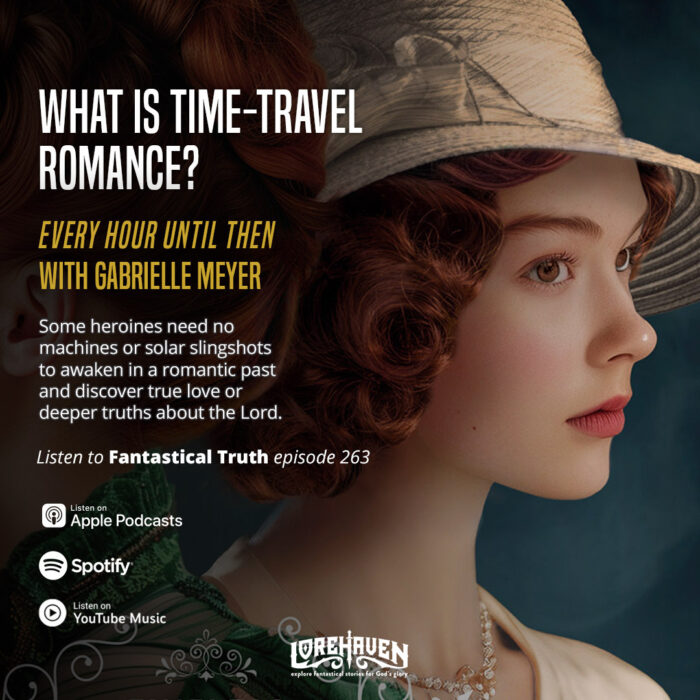

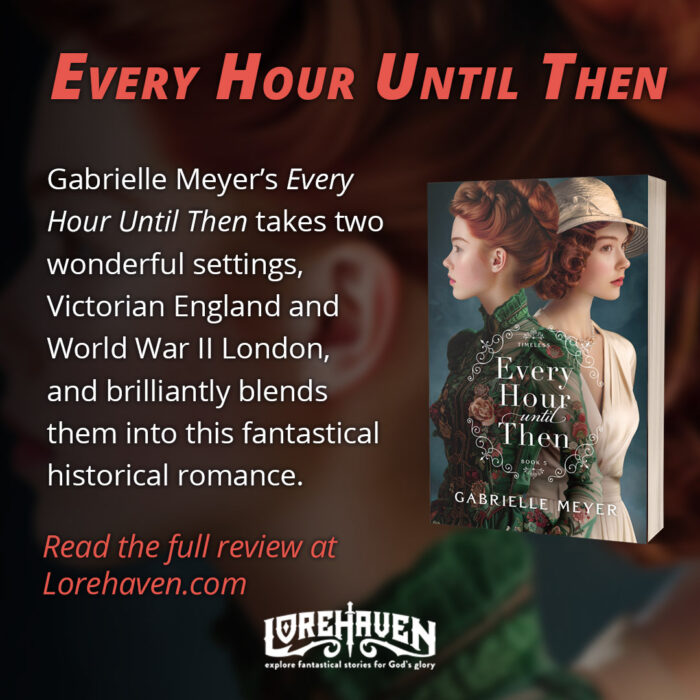













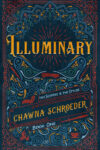

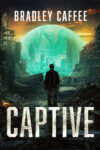



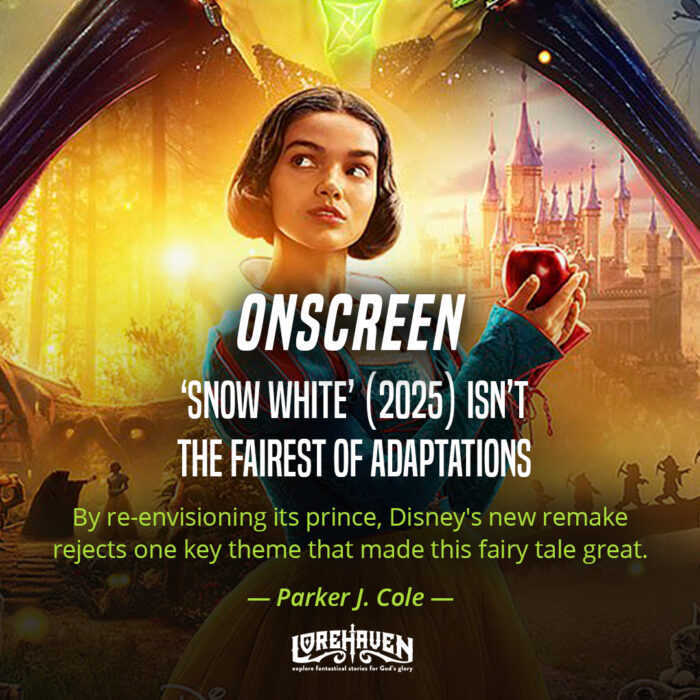
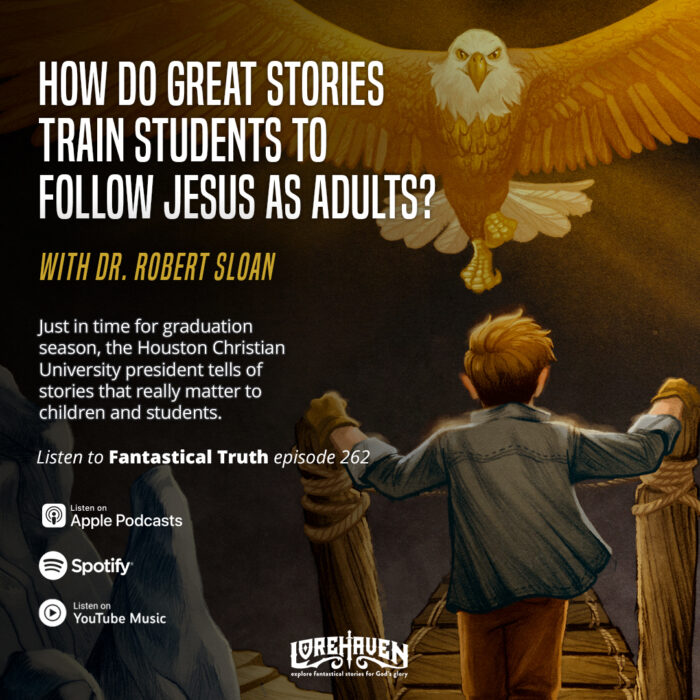
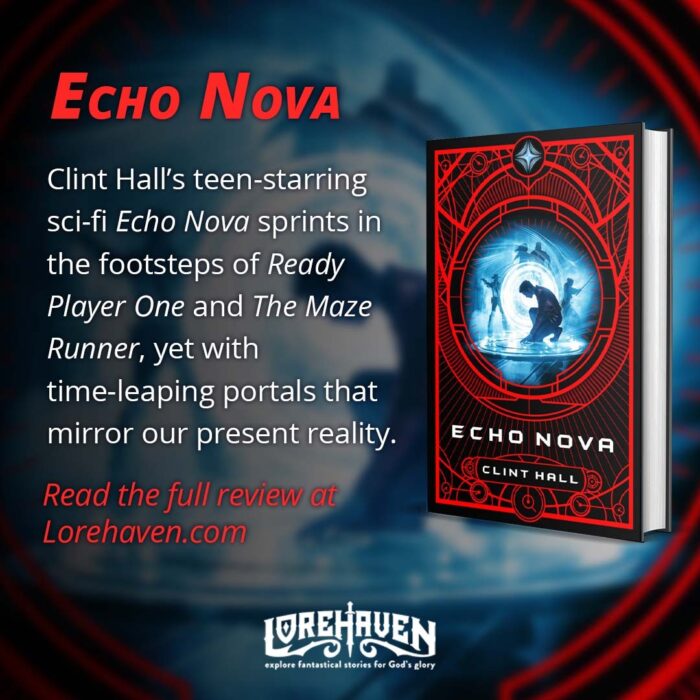
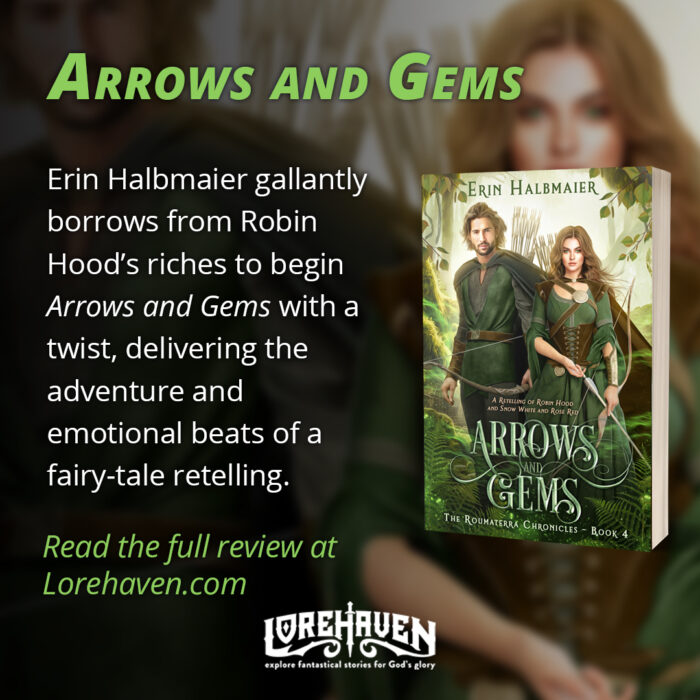
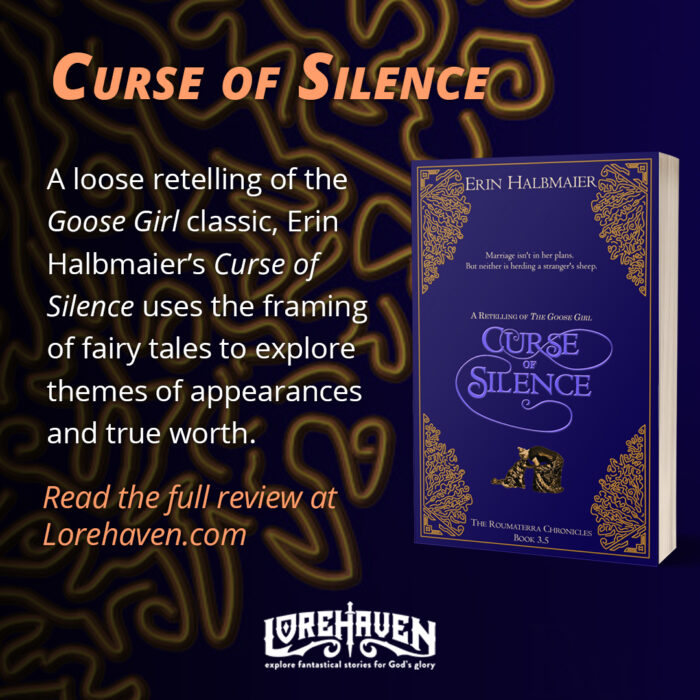
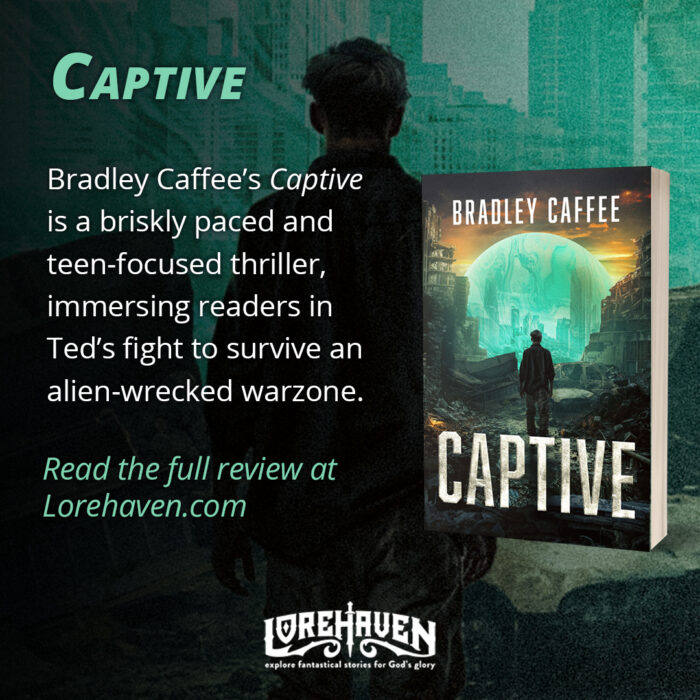

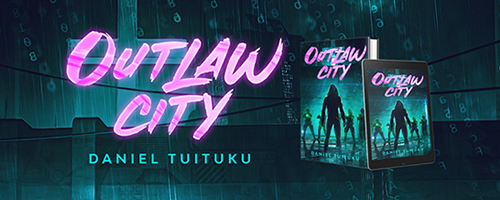
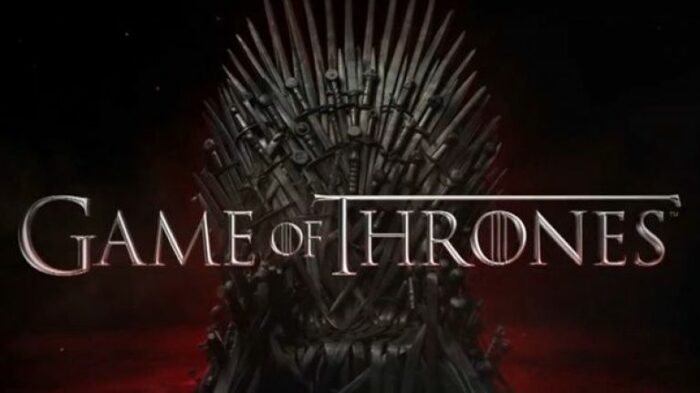




Awesome analysis Rebecca! It’s a question I’m wrestling with now, so the timing was perfect. I have two storylines that are still evolving so I’m constantly thinking “Is this a story I want to read, a story I want to write, or a story that needs to be written?” as I dive into the rabbitholes of cosmogony and ethics in my storyworld.
I listened through the audiobooks of A Song of Fire and Ice earlier this year as a professional exercise to learn what was working and what wasn’t since it’s clearly very popular. With a long commute I also figured it’d fill the time! I found myself often frustrated with the situations Martin raised up, and in hindsight I recognized that as confirmation of my worldviews. Bad things happen in the real world. People do bad things. I don’t like that, and don’t want the world to be like that. I know there is a resolution in the future, and expectations for living today. I was also left with a vacuum: there’s no “and so what?” in his storyline, which was again a bit of a validation to me: I know the True Story and that there is a significant So What!
I took away many things with respect to structure and form, fantasy tropes and expectations, and am happy I at least explored what it was about; it wasn’t a waste of my time. I felt stronger in my faith because of my reactions to many of the book’s events. But it’s certainly written by someone with a different worldview than mine. My lingering suspicion is that the popularity of the series (admittedly, with a nice long runway since publication to build the property’s value) is a function of how that worldview resonates with our current society and culture and not nearly as much due to the books’ fantasy tropes and content.
As Shakespeare says, “…but at the length, truth will out.”
Thanks, Travis. Sounds like you might have been better suited to write this post than I am! But as I read the Tor article, I had the same questions you did when you listened to the books. Martin’s world may well reflect the existing condition of the world, but that’s kind of like writing a series about Middle Earth with Sauron in control. It would not be a great story even though it reflected accurately on today’s culture. But more so, it would not be truthful because the end hadn’t been told yet. And that’s what I understand you to be saying. The end matters a lot! Yes, the truth will out! I hope it does in our fiction, too, because I think there are too many people ready to dive into the world of Thrones and think, yeah, that’s the way it is. We’re good, we’re not so good but we should try to have the good be ahead of the game.
Glad this post proved timely!
Becky
It seems like a false dichotomy to pit “reality” and “truth” against each other.
Sometimes people aren’t satisfied with simplistic “just so” stories about black-and-white morality because they see that life is more complicated than that. But sometimes people want simplistic black-and-white stories because they’re overwhelmed by the complexity that they see occurring around them. It’s tempting to bash the black-and-whiters for irresponsible escapism, but sometimes I just want to watch my Happy Nice Time shows and decompress.
But it seems like some kind of logical fallacy is being committed to claim that black-and-white morality is somehow more moral than the shades-of-gray type. It’s only simpler, and that in of itself isn’t really a merit.
In Game of Thrones, to be good is a death sentence. Try to be good and you will be killed, poisoned, or something along those lines. There is no such thing as virtue in Martin’s world. In our own world of drama, we have the anti-hero. It’s fascinating that the anti-hero was invented by Dostoevsky, and he created that entity as someone we were not supposed to like. But people liked him. So many people adore figures like Holden Caufield in The Catcher in the Rye, but he is an absolute jerk. I think in our modern era we do not believe in virtue–even many Christian writers do not believe genuine virtue exists. We’ve come to think that the alienated, detached, morally ambiguous cynical figure is superior to everyone. I think this comes from our society and is rooted in the idea that there is no such thing as true virtue.
Arguably the Byronic hero is a type of antihero, which would make it older than Dostoevsky. Then again, trickster heroes are older than dirt, which would make the antihero pretty much as old as the human condition.
(Okay, fine, I lean complicationalist rather than simplist.)
I don’t understand what you mean by: “In the great fantasies, truth and reality merge.” Personally I don’t want truth and reality to merge. I don’t like most of what is on TV and at the movies. I read and watch to escape life. That’s one reason I LOVE supernatural writings. Also, they used to be the one field that didn’t have a lot of sex, sadly that’s changed, at least on TV.
I want good versus evil and I want good to win. I do believe it’s because of God but I liked that kind of show even before I became a Christian. I’ve never watched Dexter or Game of Thrones. I use VidAngel though so I might watch Game of Thrones there if it ever comes on without a subscription to Showtime.That way I can filter all the sex stuff and any cuss words out.
I agree that the reason so much of visual and written fiction is going away from the good vs. evil standard is because of the spiritual battle going on. This country has gone away from God and doesn’t want anything to do with His ways so, of course, this would be on the chopping block too. The current powers that be hate anything involving God and His righteousness. Maybe the people will come to their senses. As long as a “Christian” writer has a higher purpose than success to their writing, then they should stay the course. There is at least half of the country that will love their stuff, both in visual and written form. When the other half gets tired of the current fare and sees the emptiness that is offered, they will have another option to turn to.
Dona, I think both Tolkien and Lewis merged truth and reality. They portrayed their good guys as good, but also susceptible to temptation. And Golum (poor guy) was once just like the hobbits, until he let the ring take hold of him. Even up to the end, there seemed to be hope for him. That’s what I mean. Maybe “blend” would be better wording than “merge.”
Becky
Haven’t read/watched Game of Thrones, but it sounds like the story makes a slight miscalculation. It isn’t goodness, etc. that automatically gets people killed. It’s instead other things, like incompetence, naivety, the opportunistic wretchedness of others, the harshness of the world and nature, etc. So, Game of Thrones is right in the sense that being a naive little puppy is probably going to cause that person to get hurt at some point or another. But it’s wrong if its saying that being good/kind is ALWAYS at the root cause of that naivety/death/loss of power/whatever. (Though kind people CAN be slightly predisposed to naivety and have to learn to be good while also being smart)
If we don’t like the message in, say, Game of Thrones, ironically complexity in characters is part of the solution. People turn to stories like GoT because stereotypical heroes feel shallow, and while the classic ‘good’ heroes can inspire people sometimes, it almost feels like a betrayal when real life doesn’t measure up to the expectations those heroes subconsciously implant in us.
This kind of reminds me of a blog post I’m going to try and write soon, which is basically about making hero chars deep and realistic without making them ‘evil’. Part of it is about being in their heads and feeling the struggles their personalities, etc. would probably bring. Just because a hero is good doesn’t mean he’s not going to have tons of bad habits, personality issues, etc. Realistically, those issues are going to impact daily behaviors, and sometimes even be detrimental to interpersonal relationships.
I will also say, though, that it’s odd to act like a ‘hero’ is never going to do anything bad. I’ve seen so many situations where (good) people hurt each other, emotionally or otherwise, without even meaning to. Sheesh, sometimes the greatest harms can come from sheltering someone too much, loving them so much that one can’t let them go, etc. There is a such thing as the ‘hero’s blindspot’, which is basically where someone has good intentions, or hasn’t faced enough situations where they’ve realized they are capable of making bad, harmful choices, so they assume that whatever they are doing in the moment is probably ok, too. People around them might protest, but the ‘hero’ brushes them off because he has good intentions, so he can’t possibly be making the wrong choice, right?
You’re right to a point, Autumn. But do you want Aslan to have “tons of bad habits, personality issues”? If the good vs. evil trope of fantasy shows the spiritual side of life, then it seems to me there should, indeed, be an unambiguous representation of good. And evil. That’s reality. For the rest of us, reality is the mixed bag, and that’s as it should be, too.
Becky
Aslan is different, because he is the closest approximation Narnia has to Jesus. With writing a version of God or Jesus into a story world, it would be partly a matter of showing his emotional depth, or knowing that people can and will react to them negatively, regardless of whether or not they do anything wrong. People might even think God/Jesus are doing something wrong and hate them for it regardless of whether that hatred is deserved.
So, like, God and Jesus might not have personality issues, but humans certainly think they do, since humans tend to have some sort of negative opinion of everything that doesn’t conform to what they want.
I somewhat hesitate to write God or Jesus chars in huge, direct detail, though. Namely, because I’m human and even if I think I’m depicting God as he is or depicting him as perfectly good, I very well might not be, and I do my best not to represent God wrong. I would argue that angels and demons can be represented as flawed, though, even if angels wouldn’t necessarily be evil.
One of the things that happens when you draw clear moral lines in characters is a writer can be attempting to define, “What is good?” via the lives of the characters. Since real people have a hard time being fully consistent, a character can be more purely truly good (or in reverse, truly evil) than you ordinarily see in real life. Such extremes of character impact on real life in that it can help ordinary people better understand the fundamental nature of good and the fundamental nature of evil.
When attempting to paint on a great moral canvas like that, sharp black and white divisions are not necessarily simpler than more morally muddied stories. In fact, the morally muddied story may come only with a message that everyone is both good and evil–but that’s a very simple message, one worth only a moment of consideration. But Tolkein, by showing that even exaggeratedly good characters could be seduced by the power of the ring was making a commentary that there are temptations good people must abstain from (in particular, the temptation of power)–and in fact good people remain “good” by abstaining, whereas an evil person acts completely differently. Which is a more complex idea than, “Everyone is gray.”
Likewise, by portraying Aslan as wild (“not tame”) but good, Lewis is speaking to the nature of the goodness of God–it is not limited to doing things we thing are safe or which make sense to us. Again, a more complex message than “everyone is gray.”
I don’t mean to say stories that portray shades of gray in terms of good and evil lack complexity, but they trade the ability to make complex assertions about the nature of morality for complexity of character studies and complexity of plot.
By the way, I do think real life stories (or more realistic fantasy) can in fact inform us about the nature of good and evil. But fantasy, especially the old black-and-white kind, does it better. At least at times.
But what is the story commenting on? The nature of people, or the nature of abstracts like good and evil? I think there’s a difference.
If longevity of a story means anything to an author (tho should it? I dunno), the noticeable trend is that stories about people generally outlast stories about concepts. Sir Walter Scott was immensely more popular than Jane Austen back when they were both first published, but Jane Austen seems to have the longer legs of the two, since she’s the more popular one two hundred years later. I think the difference is that Scott wrote about larger themes and (frankly) stereotypes, but Austen wrote about people with discernible personalities.
I’m talking about authors that use stories to deal with ideas and use characters as models of ideal (in various ways) behavior. Yes, that’s in contrast to portraying realistic characters, but that’s one of the things that makes fantasy distinctive in my mind–you don’t necessarily have to be realistic (or even want to be) to portray your truth.
As for your thoughts about what kinds of stories endure, I think such issues are complex. Lord of the Rings for the most part does not feature “real” characters–pretty much everyone who is not a hobbit is larger than life in one way or another. Yet the story itself, including the power of the ring (which really is an idea in story form) reaches out and grabs readers with great power. Likewise in Frankenstein, neither the scientist who the novel is named after nor the monster he created are so much realistic characters as idealized characters that bring out certain aspects that we see in real people to a major degree: with ambition, the power of science, and arrogance distilled on the one hand–versus innocence wrongly shunned on the other.
Also in the history of science fiction (my first love in speculative fiction in a way fantasy will never be) everyone remembers Jules Verne–and it’s almost exclusively because of his technical inventions in the world he put them in, i.e. his world building. Captain Nemo is probably his best character, but I don’t know anyone would maintain that Nemo is a highly realistic character. So in Verne’s case what you said about realistic characters has proved to be completely false.
Note that I have an unpublished fantasy novel I’ve written (still working on editing) that focuses on what I think are realistic situations and characters during fantasy combat. So I’m not defending lack of realism in absolute terms–I am keenly interested in realism in characters, actually.
But what I’m aiming to show with my comments is that stories with simplistic characters are not necessarily simplistic in their ideas–whereas gritty realism in characters often seems to have no actual interesting ideas at all. Obviously from my point of view…but what does George R.R. Martin teach us about the nature of good and evil? I’m not an expert in Martin, but from what I know, not very much. Just a bunch of characters jockeying for number 1…characters who seem very much like real, historic figures…good for them…(yawn)
I think unique and memorable worldbuilding is another variation on idiosycratics-over-idea(l)s. It’s the only reason I see that Dune is still a Thing, because I can’t be arsed to remember much, if anything, about the characters or plot. I do remember the gist of the Litany Against Fear.
As for Frankenstein, I think the worldbuilding is probably the more memorable part of the story, that some guy built a people out of assorted other dead peoples. I don’t know that much of the thematics have actually stayed in the public consciousness.
Interesting post and discussion! I don’t have too much to add, but I do bristle a bit a people who think that Game of Thrones is more realistic as opposed to other fantasies. I read the first three GOT books, but after that had to give up. It was too depressing. At the beginning I enjoyed the way GRRM set up a fantasy where anything could happen, and where the heroes could die. That was interesting, and new. But he took it too far. Any character that you remotely cared about was killed or hurt in some way, the nasty people always came out on top. Well…it that reality? Is this the way our world works? Does every good person always end up on the bottom? Does every evil person succeed? On the world stage, is this true? If you want to look at democracy as “good” and communism as “evil” (which in broad strokes I would categorize it that way), you see the evil being defeated by the good. You see the “Christian” civilizations becoming the ones with the most influence, the best societies, the places where people have the greatest chance of living a good and healthy life. And it’s only when those good principles on which those societies were founded were eroded that you start to see a downward slide in them. Obviously these are very broad strokes, but is it always true that even in our flawed world with evil rampant, that the good people are the ones who lose? In in an individual sense, is that true? I know plenty of good people who weren’t overcome by evil ones.
To say that evil always has the upper hand and that bad people are the ones who ultimately come out on top is just as flawed as the opposite, in my opinion. GOT”s nihilistic worldview is not “realistic”, either.
Anyhow, just my two cents. Take or leave it as you wish.
I feel like wapping you on the nose with a newspaper about the “Christian” societies being the most (for lack of a better word) advanced. Because it’s 1) wrong, and 2) one of the favorite tropes of hecken white supremacists. I don’t think you meant to do a racism, but heck if I’m gonna let a racist toehold just sit here unchallenged like a turd on the carpet.
For the incorrect part, Japan has a quality of life quotient better than the US and is very much not a Christian society.
For the white supremacist part, people from Central America are also a “Christian” society (If you’re claiming most of Europe as a Christian society, then brown Catholics count as Christian societies, too), and yet up here they’re slandered by being characterized as a caravan of thugs looking to loot America.
But I think the bulk of your comment is right, that framing such a dystopian cesspool as GoT as being normal is incorrect as well as hecken depressing.
Japan has a completely different culture than any Western nation. The people have a collectivist ideal where service to the group is of utmost importance, whereas most Western countries promote individualistic values. In the United States, people don’t care who they steal from; they only care about what THEY will get out of it and whether or not they can get away with it. Japan’s emphasis on the needs of the group over the needs of the individual and a shame culture creates a different mentality, where people would feel ashamed if they attempted to do such thing.
Western culture has been trying to bury belief in a higher power with materialistic views, where the most important thing in a person’s life isn’t how they can serve God, but how they can serve themselves.
Some of Japan’s collectivist and shame culture has some bad side effects at times, so it’s probably important to point out that it’s not necessarily an ideal to strive for in many cases(though there are good things about it). As for the US, there are bad people there, but it’s odd to word it in a way that implies that every US citizen is bad and selfish just because they are individualistic. People don’t need to be super collectivistic and shame driven in order to care about others.
Bro, do you even weeaboo? But lol, you don’t have to tell me the difference between individualist and collectivist cultures. It’s something I have OPINIONS about, how far America is individualist to the extent of screwing over the community. ((((American libertarian thought is trash))))